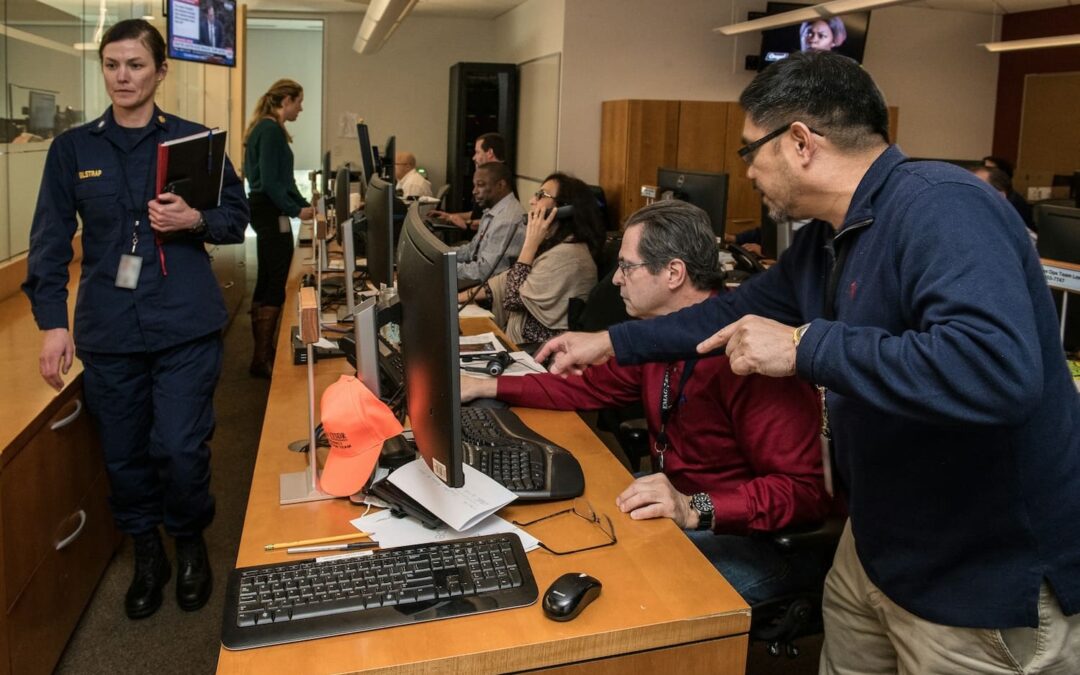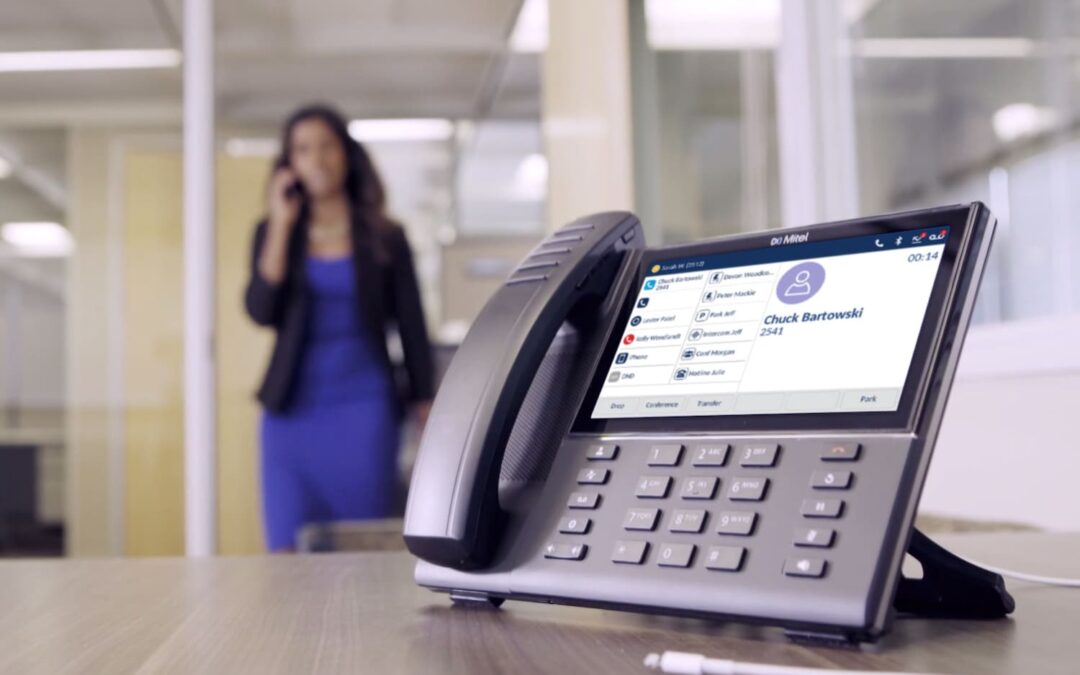Every industry faces distinct communication challenges, yet the solutions that work often share common foundations. Your sector may seem unique, but business communications solutions across diverse industries reveal patterns and possibilities that could transform your operations in unexpected ways.
Education Sector: Connecting Distributed Learning Communities
Australian educational institutions manage complex communication requirements across multiple campuses, remote learning environments, and diverse stakeholder groups. Universities coordinate between administrative offices, lecture halls, student services, and research facilities spread across vast geographic areas, while schools balance parent communication, emergency notifications, and staff coordination.
Modern communications platforms help education providers create unified systems that connect physical and virtual learning environments seamlessly. Students, parents, teachers, and administrators access appropriate communication channels through role-based interfaces that maintain privacy while enabling necessary collaboration.
Emergency notification capabilities become particularly crucial in educational settings. Advanced systems can simultaneously reach students, staff, and parents through multiple communication channels, ensuring critical information spreads quickly during emergencies or unexpected closures. Integration with existing student information systems means communications can be targeted to specific groups, year levels, or campus locations without manual list management.
The mobility requirements in education extend beyond traditional office environments. Teachers moving between classrooms, administrators traveling between campuses, and support staff working across multiple locations need consistent access to communication tools regardless of their physical location.

Retail Operations: Managing Multi-Location Coordination
Retail businesses face unique challenges coordinating between head offices, individual stores, distribution centres, and field staff. Your retail operations probably involve constant communication about inventory levels, staffing changes, promotional activities, and customer service issues that require immediate attention.
Modern communication platforms help retailers connect store managers, regional supervisors, and corporate teams instantly without disrupting customer service. Staff can receive important updates, request support, or escalate issues through discrete communication methods.
Seasonal staffing fluctuations create additional communication complexity. Retail businesses need systems that can quickly onboard temporary staff with appropriate communication access while maintaining security and ensuring essential information reaches the right people during peak periods.
Integration with point-of-sale systems and inventory management platforms means communication tools can provide context-aware information. Staff receive relevant product details, pricing updates, or customer service scripts directly through their communication devices based on current activities or customer inquiries.
Government Services: Meeting Compliance and Accessibility Standards
Australian government agencies operate under strict compliance requirements while serving diverse community needs. Communications must maintain detailed records, ensure accessibility for people with different needs, and provide consistent service quality across multiple service channels.
Modern platforms help government agencies create communication processes that automatically maintain compliance records while enabling efficient inter-departmental coordination. Call recording, data retention, and audit trail capabilities operate transparently without creating additional administrative burden for staff.
Community service requirements often involve complex case management where multiple departments must coordinate responses. Advanced communication systems maintain complete interaction histories that follow cases through different departments, ensuring people don’t repeat information and agencies can provide informed responses based on previous interactions.
Accessibility features become essential in government communications. Systems that provide text-to-speech capabilities, hearing-impaired support, and multilingual options ensure equitable access to government services for all community members.
Hospitality Industry: Creating Seamless Guest Experiences
Hotels, restaurants, and entertainment venues require communication systems that coordinate between front-of-house customer service, back-of-house operations, maintenance teams, and management staff. Your hospitality business probably needs instant communication capabilities that don’t disrupt guest experiences while ensuring staff can respond quickly to requests or issues.
Modern communication platforms enable discrete staff coordination through mobile devices, messaging systems, and alert mechanisms that keep operations running smoothly without creating visible disruption for guests. Housekeeping, maintenance, front desk, and management teams stay connected through unified systems that prioritise requests and route them to appropriate staff members.
Integration with property management systems means communication tools can provide staff with relevant guest information, service histories, and preferences that enable personalised service. Staff receive context about guest needs, special requests, or service issues through their communication devices without requiring separate system access.
Shift coordination becomes particularly important in hospitality operations that run continuously. Communication systems help manage handovers between shifts, ensure important information transfers between teams, and maintain service consistency regardless of staffing changes.
Financial Services: Balancing Security and Collaboration
Financial institutions must maintain rigorous security standards while enabling efficient collaboration between different departments, branches, and client service teams. Your financial services communications need comprehensive audit capabilities, secure data handling, and integration with existing banking systems and compliance frameworks.
Modern platforms provide encrypted communication channels that maintain detailed logs for compliance purposes while enabling natural collaboration between team members. Staff can discuss sensitive client matters, coordinate complex transactions, and share information securely without compromising regulatory requirements.
Client service capabilities often require coordination between multiple specialists during single interactions. Advanced communication systems enable seamless consultation between front-line staff and technical experts, ensuring clients receive accurate information without experiencing delays or transfers between multiple representatives.
Mobile banking and remote advisory services create additional communication requirements. Systems that enable secure client communication through various channels while maintaining appropriate documentation help financial institutions provide modern service options without compromising security standards.
Common Themes Across Industries
Despite diverse operational requirements, successful implementations share several characteristics. They integrate with existing business systems rather than creating additional complexity, provide role-appropriate access to features and information, and scale to accommodate growth or seasonal variations without requiring significant infrastructure changes.
The most effective systems focus on solving specific operational challenges rather than simply providing communication features. Whether coordinating emergency responses in education, managing seasonal staff in retail, maintaining compliance in government, ensuring seamless guest experiences in hospitality, or balancing security with collaboration in financial services, successful systems align with actual business processes rather than forcing organisations to adapt to technology limitations.
Your industry’s communication challenges may seem unique, but the solutions working across different sectors often provide insights applicable to your specific requirements.
Ready to learn more? Reach out to our team today to chat through your requirements in further detail.





